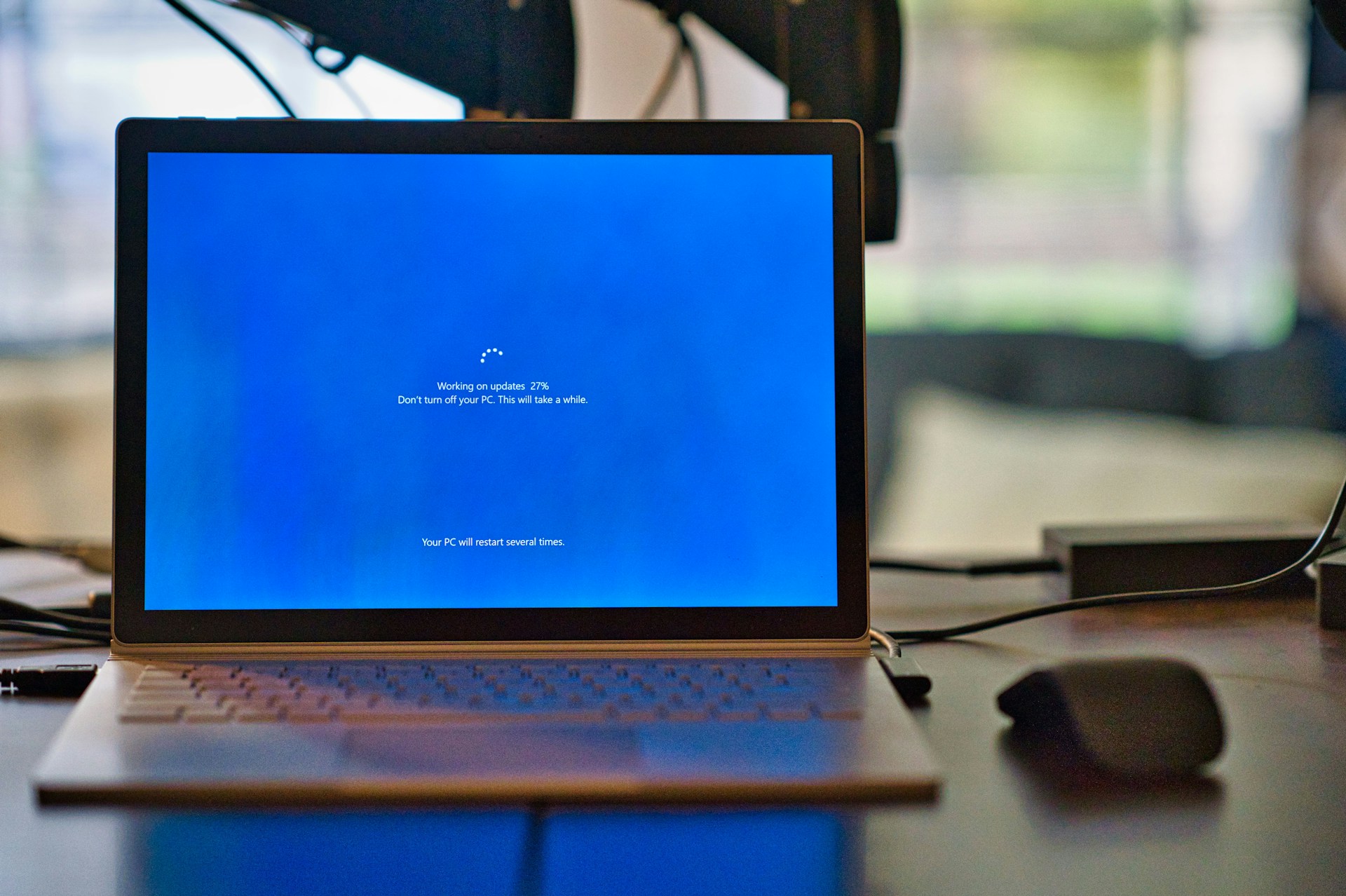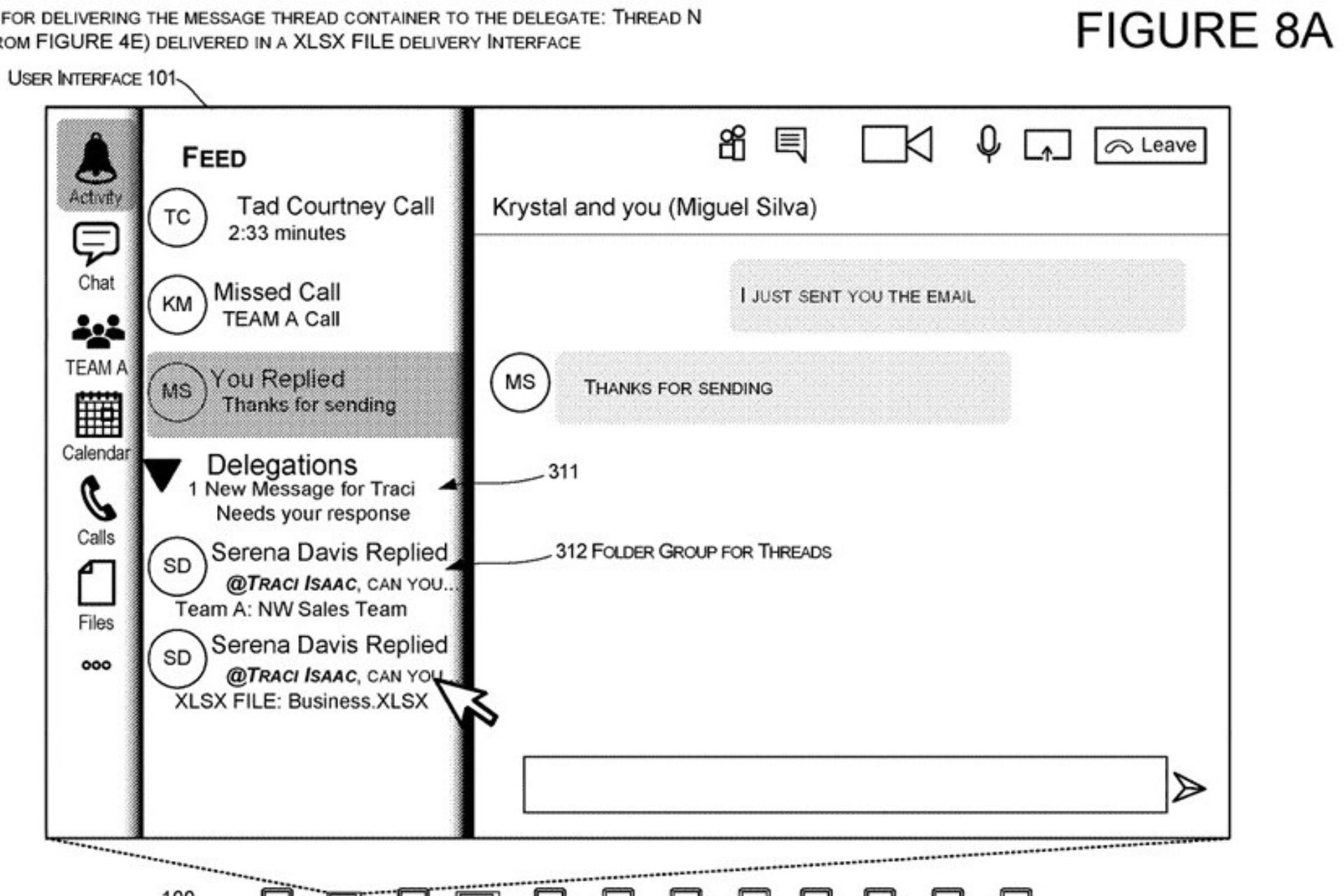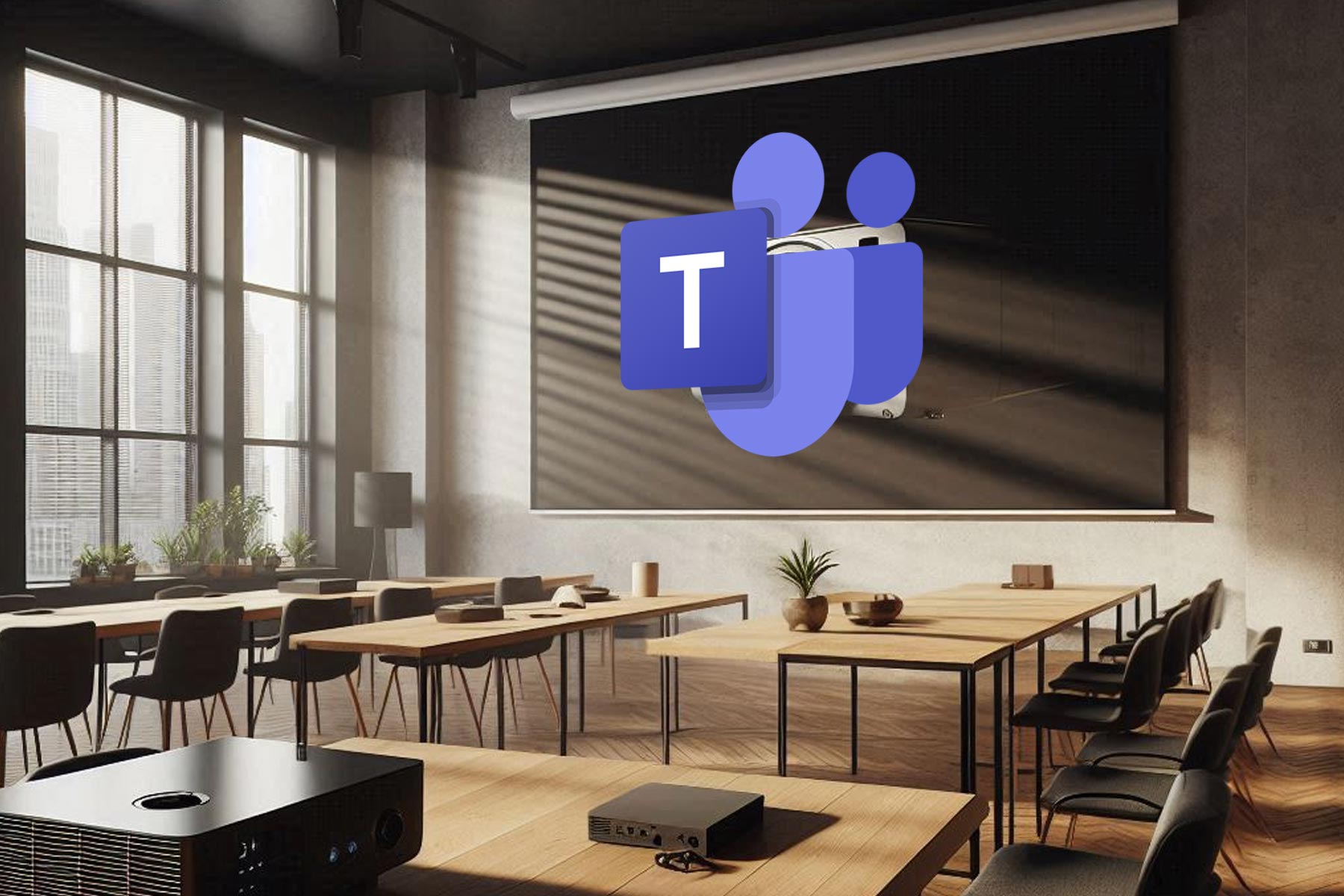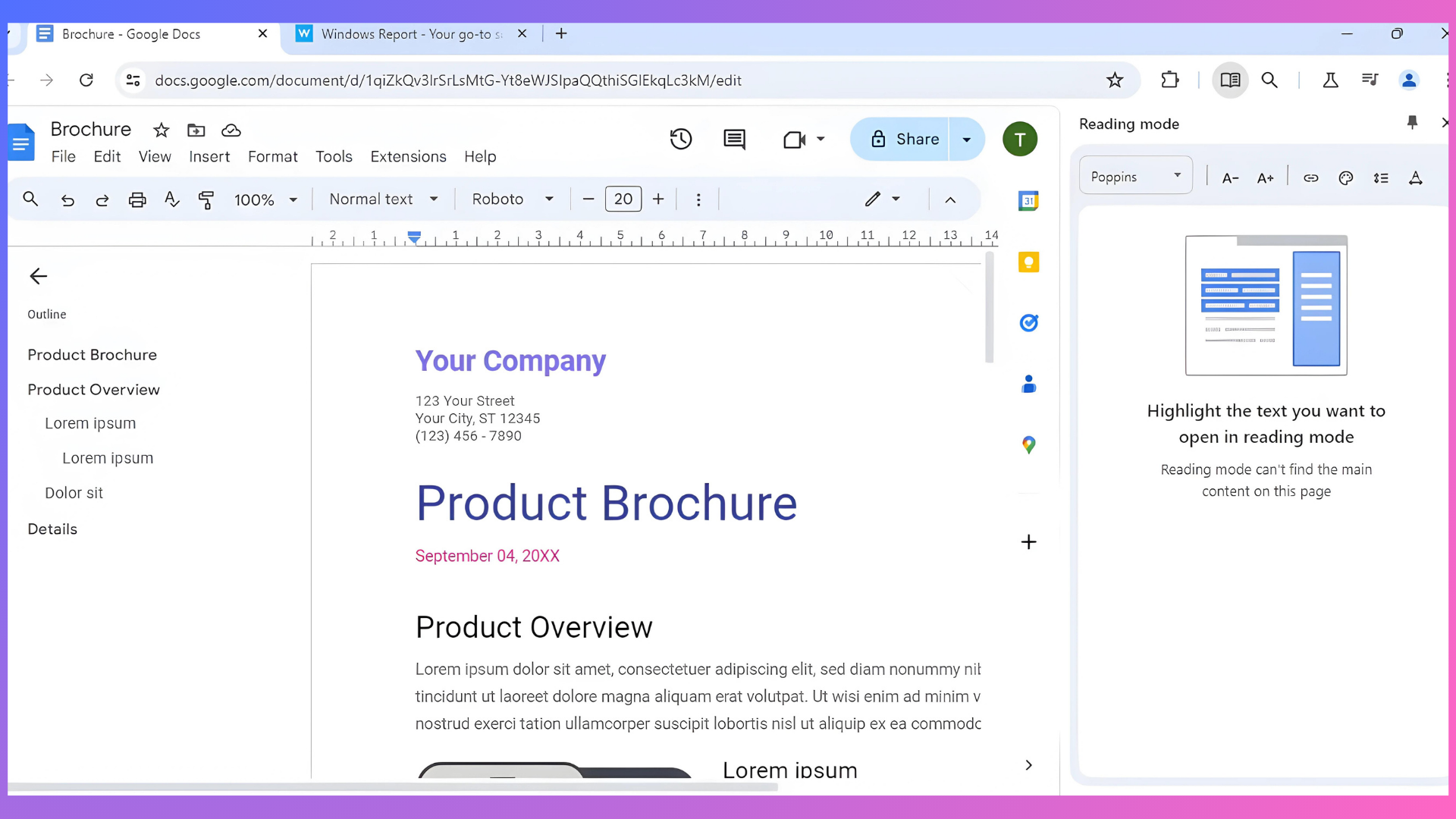Chrome and Edge to gain startup speed boosts on Windows, thanks to Microsoft
Microsoft is working on removing the bottleneck that impacts Edge startup
2 min. read
Published on
Read our disclosure page to find out how can you help Windows Report sustain the editorial team Read more

Chromium browsers are used by many, and while they are great in general, some users can experience slow startup while using them.
It seems that this might finally change thanks to Microsoft’s contributions to the Chromium project.
Chrome and Edge will start faster, thanks to Microsoft
Microsoft is actively contributing to the Chromium project, and the company has implemented SingletonHwnd, a window handler, that improves the browser startup time and responsiveness.
Microsoft has found that the traditional approach of creating individual message-only windows for components like BatteryStatusManagerWin that are listening to system events caused the bottleneck, especially during the startup.
This added a 1-10 millisecond delay for each window created. This issue was acknowledged on the Chromium project page.
The current implementation of BatteryStatusManagerWin creates message-only windows to listen for events from Windows. This impacts performance at startup where we have to pay the cost of creating the window to listen.
As a solution, Microsoft suggested the migration of BatteryStatusManagerWin to utilize SingletonHwnd. This is a shared handler and is a part of ui/gfx/win directory.
The new handler will work as a centralized listener for various system components such as SystemMessageWindowWin, ScreenlockMonitorWin, and PowerMonitorDeviceSource.
These changes will impact improved startup time for Chrome and Edge, as well as other Chromium browsers.
Instead use Singleton HWND in the implementation of this component to allow sharing a single HWND. We typically see 1-10ms costs for creating an HWND in startup, so sharing the Singleton HWND will lead to modest but measurable startup improvements.
SingletonHwnd is a design pattern within the Chromium project that should improve efficiency during the startup by reducing the overhead associated with handling system events.
This was also discussed by the Chromium developers:
Various components create message-only windows to listen for events/messages from Windows. These include SystemMessageWindowWin, BatteryStatusManagerWin, ScreenlockMonitorWin, PowerMonitorDeviceSourceSingletonHwnd currently resides in ui/gfx/win. Moving this to base would allow all the abovce components to share a single HWND. Creating these various windows at startup does impact perf, so sharing a single HWND would be beneficial.
This is a welcome change, but this is currently in the development stages, so we won’t see it in action for some time.
In other news, Chrome makes managing certificates easier with the new UI, and Windows Share might come back to Edge, after 3 years.








